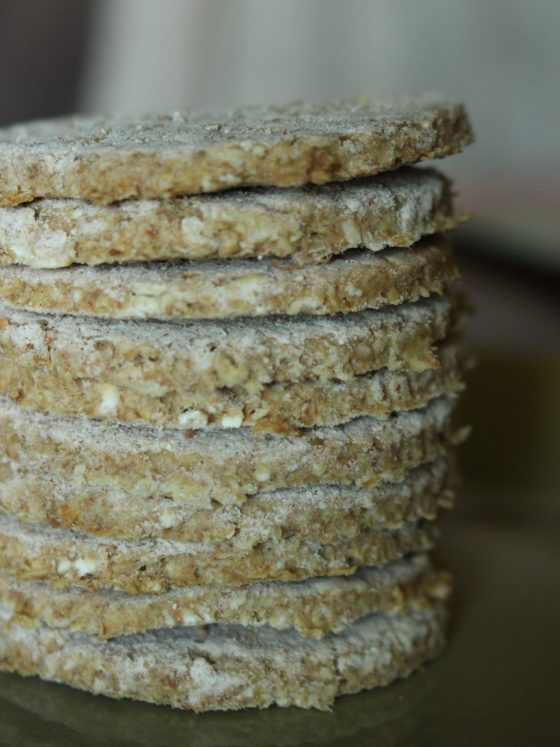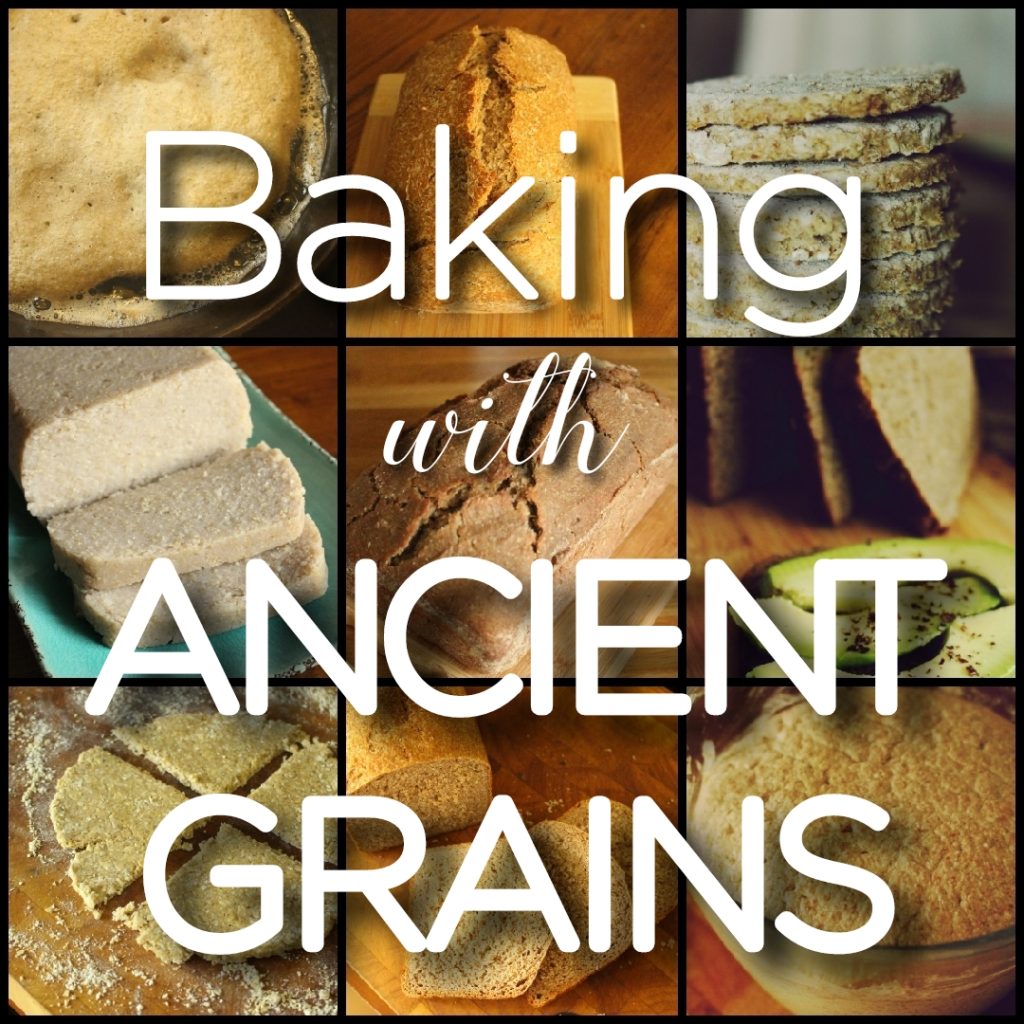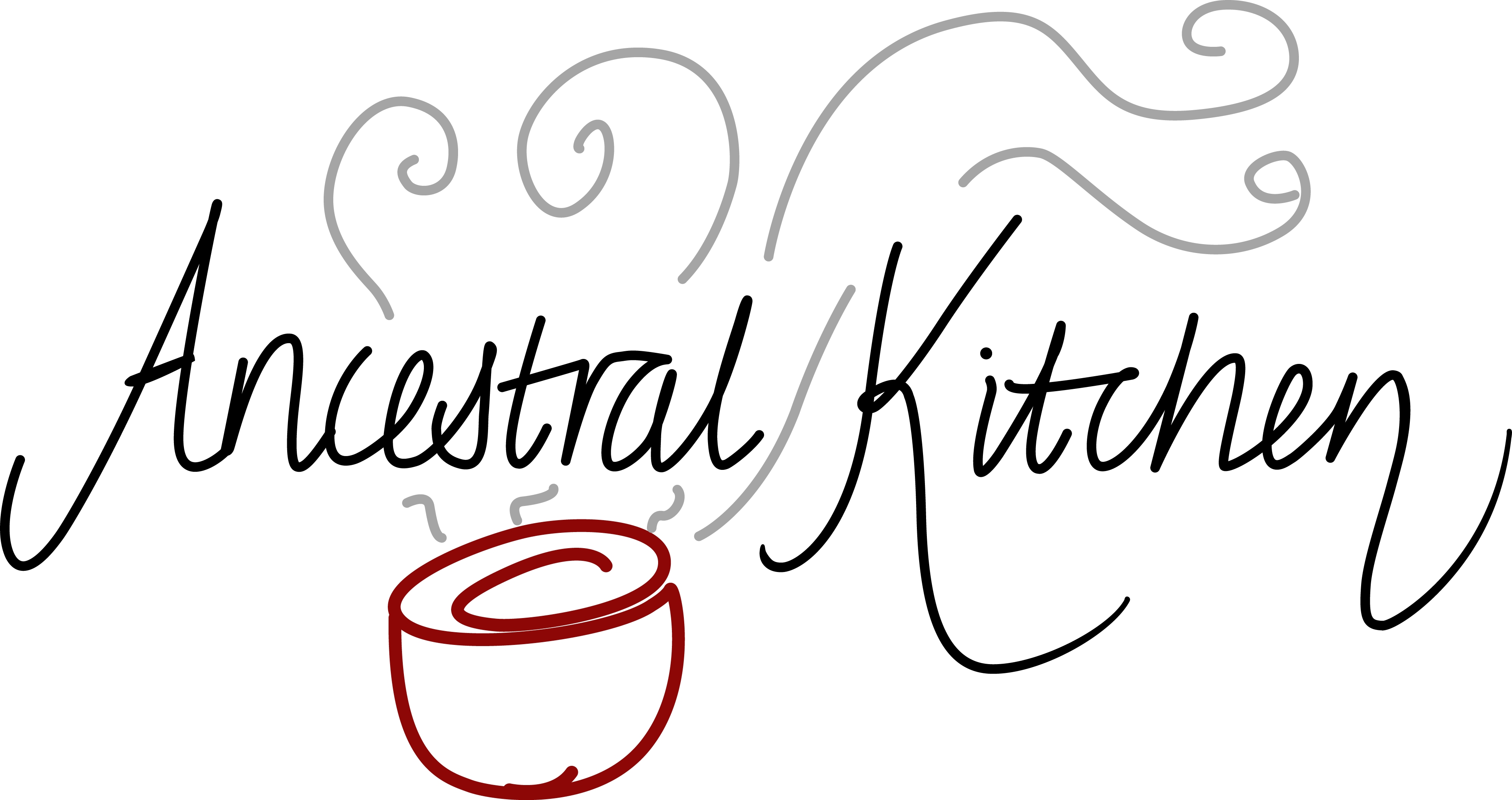This post describes the health benefits of the ancestral technique of fermenting grains. It then explains that very few Scottish (and Welsh) traditional oat recipes included fermentation and yet the oat-eating communities enjoyed incredible health. It asks why this could be the case and explores soil, variety, storage, general diet and gut biome as possible answers.
If a grain stands still for too long in my kitchen, I ferment it. It’s been like that ever since Nourishing Traditions introduced me to the ancestral way of eating.
And, as you know if you’ve watched my sourdough porridge video, I particularly love to ferment my favourite grain, oats. I ferment them into sourdough porridge, I make the wild ferment sowans and I love sourdough oatcakes with eggs for breakfast.
The health benefits of pre-processing grains
Pre-processing grains, through soaking and/or fermenting, can aid health in two ways:
- It softens and pre-digests the starches which gives your digestion an easier time of it.
- Phytate – an anti-nutrient – is present in grains. Pre-processing activates phytase – the enzyme which breaks down nutrient-stealing phytate, this therefore results in you absorbing more minerals from the food.
And so, as I researched ancestral foodways from Scotland and Wales (communities that historically have subsisted on oats) I was very surprised to find that, in the vast majority of their recipes, their oats were neither pre-soaked nor pre-fermented.

And yet, despite this, as Weston A. Price noted, these ancestral communities enjoyed incredibly good health.
These two pieces of information seem at odds: Communities that routinely ate unprocessed oats yet were examples of thriving health.
How, as a converts to ancestral nutrition’s soaking and fermenting, can we make sense of this?
After researching the foodways of communities that subsisted on oats, I’d like to posit several theories:
1/ Scottish and Welsh oats grew in particular soil.
If you read the reports from the Scottish islands written in Nutrition and Physical Degeneration by Weston A. Price you notice that the Scots grew their oats in peat-rich soil that was particular to the region. We all know that plants grown in mineral-rich soil have more nutrition in them and research also shows that soil microbes can produce phytase (1) – therefore it’s not a great leap to suggest that the soils ancestral oats were grown in might have created a plant that was easier on health.
2/ There were so many more varieties of ancestral oats.
According to the United Nations, we’ve lost 75% of crop diversity in the last 100 years. That certainly covers oats: The Gaia foundation recently found 108 oat varieties indigenous to Wales in just one gene bank (2) (Wales is one fifth of the size of Kentucky). These varieties would be especially suited to the local soil and climate – I’m sure the communities that were tied so deeply to these geographies were also suited to their particular oat variety. Oat and man evolving together over centuries, the grains that created health being selected and resown.
3/ Local markets process and store their grains differently.
If you’ve tasted bread made from freshly-milled grains (as opposed to from shop-bought flour) you’ll know how much difference processing makes to the flavour of our foods. It also makes a huge difference to their nutrient-value. Oats in Scotland were grown hyper-locally and there were very particular harvesting and processing rituals (honed over generations). This must have made a huge difference to their nutrition.

4/ A nutrient-dense lifestyle.
Vitamin D and calcium have been shown to mitigate the effects of phytate (3) and the lifestyle of the Scottish that Weston A. Price met would have potentially been rich in these nutrients.
5/ Diverse and different gut biome.
I believe this to be the most exciting and most probable explanation. We have lost so much diversity in our foods and that loss is being mirrored in our ailing gut biomes. I am sure that the intestinal flora of these Scottish (and Welsh) communities was vastly different to our current prevailing one. Research shows that various probiotic bacteria have the ability to break down phytate (4). With these flora in residence, mineral deficiencies may just not have been an issue. In addition, there is the possibility that, faced with eating oats three times a day, their bodies were able to upregulate phytase production.
There was some oat fermentation…
The further I go into my journey of health the more I realise the answers to questions such as this one are nuanced. And it’s not as if the Scottish and Welsh didn’t ever ferment their oats – the Welsh often combined them with raw bio-active buttermilk and the Scottish made my favourite ferment, sowans, as well as leaving their just-cooked porridge in a wooden drawer to eat later, creating a post-fermentation.
If you’re one of those people who needs to have their oats fermented – check out the sourdough porridge video on my homepage, my fermented oat bake and my recipe for sourdough oatcakes. If you’re able to have some of your oats without pre-processing you could also have a go at traditional Scottish oatcakes.
A Scottish oat fermentation:
Either way, if you want a full Scottish immersion, you’ve got to try out sowans, the one definitely-fermented recipe I found in Scotland! It’s a wild ferment and will give you both a tangy probiotic drink and an easy-to-digest, creamy porridge.

References:
1 : https://pubs.acs.org/doi/10.1021/acs.est.2c00099
2: https://gaiafoundation.org/our-rare-welsh-oats-the-story-of-rejuvenating-regional-heritage-grain-in-wales/
3: https://www.westonaprice.org/health-topics/vegetarianism-and-plant-foods/living-with-phytic-acid/
4: https://www.ncbi.nlm.nih.gov/pmc/articles/PMC5446837/

Bring ancient grain baking into your kitchen!
Download my free 30-page guide with five healthy and tasty 100% ancient grains recipes.

